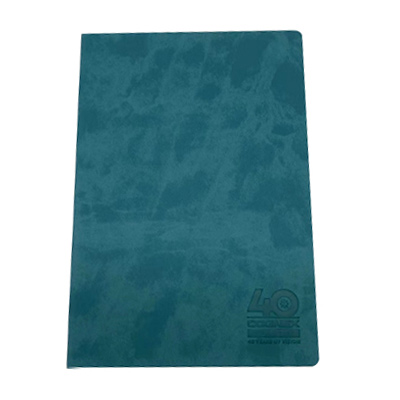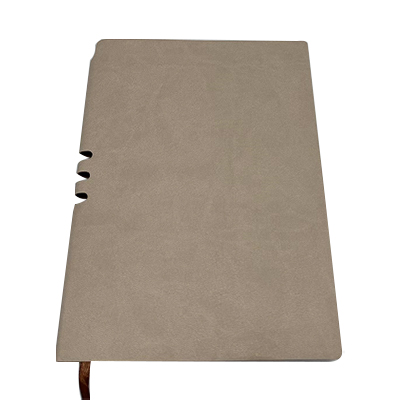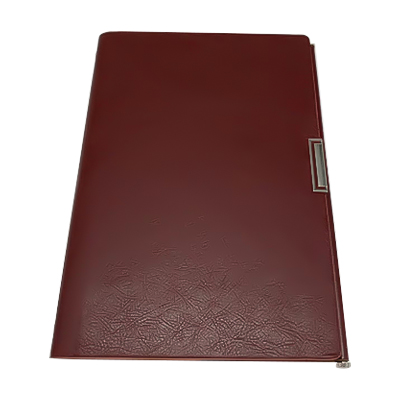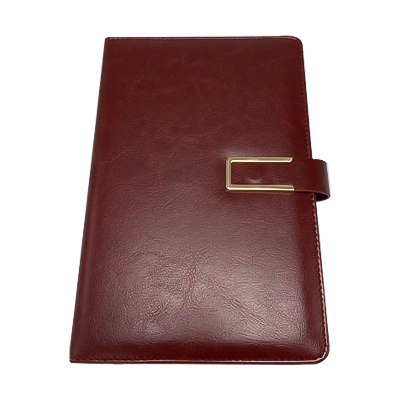1.Biodegradable Material: Unprinted paper tableware is often crafted from biodegradable materials sourced from recycled paper fibers or sustainable alternatives like bamboo or sugarcane fiber. These materials are chosen for their eco-friendliness and reduced environmental impact. By utilizing biodegradable materials, the carbon footprint associated with the production and disposal of tableware is significantly diminished. Unlike plastic or styrofoam counterparts, which contribute to environmental degradation and pollution, unprinted paper tableware decomposes naturally over time, returning nutrients to the soil and minimizing waste accumulation.
2.Lower Production Carbon Emissions: The manufacturing process for unprinted paper tableware typically involves fewer carbon emissions compared to traditional plastic or ceramic alternatives. Paper production requires less energy and emits fewer greenhouse gases, making it a more sustainable option. Additionally, advancements in sustainable forestry practices and papermaking technologies have further reduced the environmental impact of paper production. By choosing unprinted paper tableware, event organizers contribute to the reduction of carbon emissions associated with industrial processes, supporting a cleaner and greener future.
3.Reduced Transportation Emissions: Unprinted paper tableware is lightweight and compact, leading to lower transportation-related carbon emissions. The lightweight nature of paper products requires less fuel for shipping compared to heavier alternatives like ceramic or glassware. Additionally, the compactness of paper tableware allows for more efficient packing and transportation, further minimizing carbon emissions during distribution. By opting for unprinted paper tableware, event organizers help reduce the carbon footprint associated with logistics and transportation, contributing to overall emissions reductions.
4.Minimal Packaging Waste: Unprinted paper tableware is often packaged in minimal or eco-friendly packaging, reducing the carbon emissions associated with packaging production and disposal. Minimal packaging not only decreases waste generation but also conserves resources and reduces environmental impact. Packaging made from recycled materials or biodegradable alternatives further enhances sustainability efforts by promoting circularity and resource efficiency. By prioritizing minimal packaging for unprinted paper tableware, event organizers demonstrate a commitment to environmental stewardship and waste reduction.
5.Compostable and Recyclable: Many unprinted paper tableware products are compostable or recyclable at the end of their lifecycle, offering additional environmental benefits. Composting paper products diverts organic waste from landfills, where it would otherwise contribute to methane emissions and environmental degradation. Recycling paper tableware conserves resources and reduces the carbon emissions associated with producing new materials. By promoting composting and recycling initiatives, event organizers encourage sustainable waste management practices and help mitigate climate change.
6.Encouraging Sustainable Behavior: Choosing unprinted paper tableware sends a clear message of environmental responsibility and encourages sustainable behavior among event attendees. By consciously opting for eco-friendly alternatives, event organizers and attendees demonstrate a commitment to reducing their carbon footprint and protecting the environment. This conscious decision-making fosters a culture of sustainability and raises awareness about the importance of environmental conservation. By leading by example, event organizers inspire others to adopt eco-friendly practices and contribute to a more sustainable future.
7.Supporting Sustainable Practices: Opting for unprinted paper tableware supports sustainable forestry practices and promotes the preservation of natural ecosystems. Many paper products are sourced from responsibly managed forests or certified sustainable sources, ensuring that forests are regenerated and biodiversity is preserved. Sustainable forestry practices help sequester carbon dioxide from the atmosphere, mitigating climate change and promoting ecosystem health. By supporting sustainable practices in the paper industry, event organizers contribute to global efforts to combat deforestation, habitat loss, and climate change.
Our packing food containers is made out of environmentally-friendly kraft paper. The box adopts special buckle design and tear off edge design, easy to fold, better prevent food leakage, keep food fresh for a longer time, suitable for refrigerated food and take out. These takeout containers are quipped with a poly-coated interior, and prevent grease and oil from soaking through.Your food will be securely packaged in these packed in packing box. Food packaging boxes are also microwaveable. It is also the best one-time substitute for cleaning tableware.

 English
English Deutsch
Deutsch Français
Français Español
Español русский
русский عربى
عربى





